William of Wykeham, Bishop of Winchester and Chancellor (or, as we would now say, Prime Minister) of England, was a self-made man born at Wickham, Hampshire, in about 1323. By his personal talents, by a patron’s gift of an education, and above all by a certain natural toughness, he worked his way to the top of the executive class of his day and amassed a considerable fortune. In an age when literacy, learning and government were the province of the Church, Wykeham wished to see the central government served by a well educated clergy. Placed as he was at the top of the tree, enjoying contacts with the throne and the Holy See, he was ideally situated to see to the meeting of this need. And his personal revenues lay ready to hand.
In 1382 he obtained his charter to found Winchester; the buildings were begun in 1387, and occupied, though incomplete, in March 1394. Meanwhile by 1386 his other and senior foundation at Oxford (New College, or Saint Marie College of Winchester in Oxford) had begun operations.
Thus by the end of the fourteenth century Wykeham’s great scheme for the supply of educated men dedicated to God and the public service, was realised and in working order. His seventy scholars at Winchester were to go on to New College, and thence out into the world, ready and equipped to serve.
From that day to this Wykeham’s seventy Scholars have lived in College. The original community was self-contained in the mediaeval manner. It numbered 115 persons, governed by the Warden and ten Fellows, with two schoolmasters and three chaplains. Sixteen quiristers (choristers) and three lay clerks completed the foundation proper, but Wykeham also allowed the education he provided to be shared at their own expense by ten others, the sons of gentry and particular friends of the College. These were the forerunners, if not the germinal idea, of the present Commoners.
When Henry VI founded Eton College, he took Winchester as his model, visited it on many occasions, borrowed its Statutes and removed its Headmaster and some of the Scholars to start his new school but apart from that interruption Winchester carried out its Founder’s intentions with great distinction until the Reformation.
17 Comments CherryPie on Dec 8th 2014
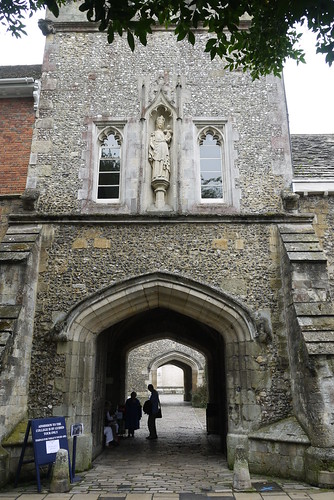
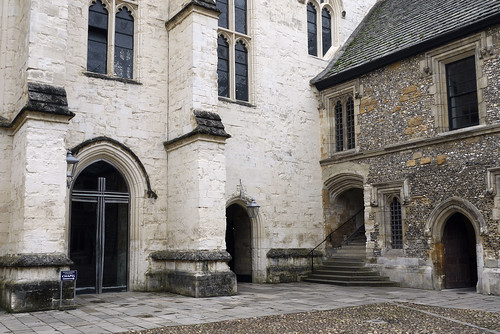

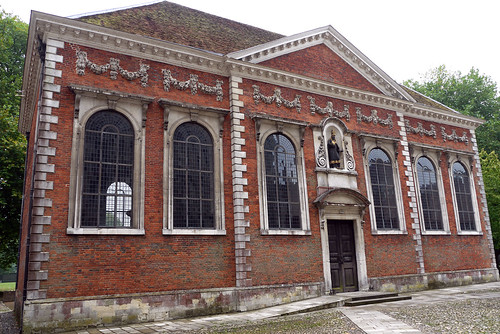






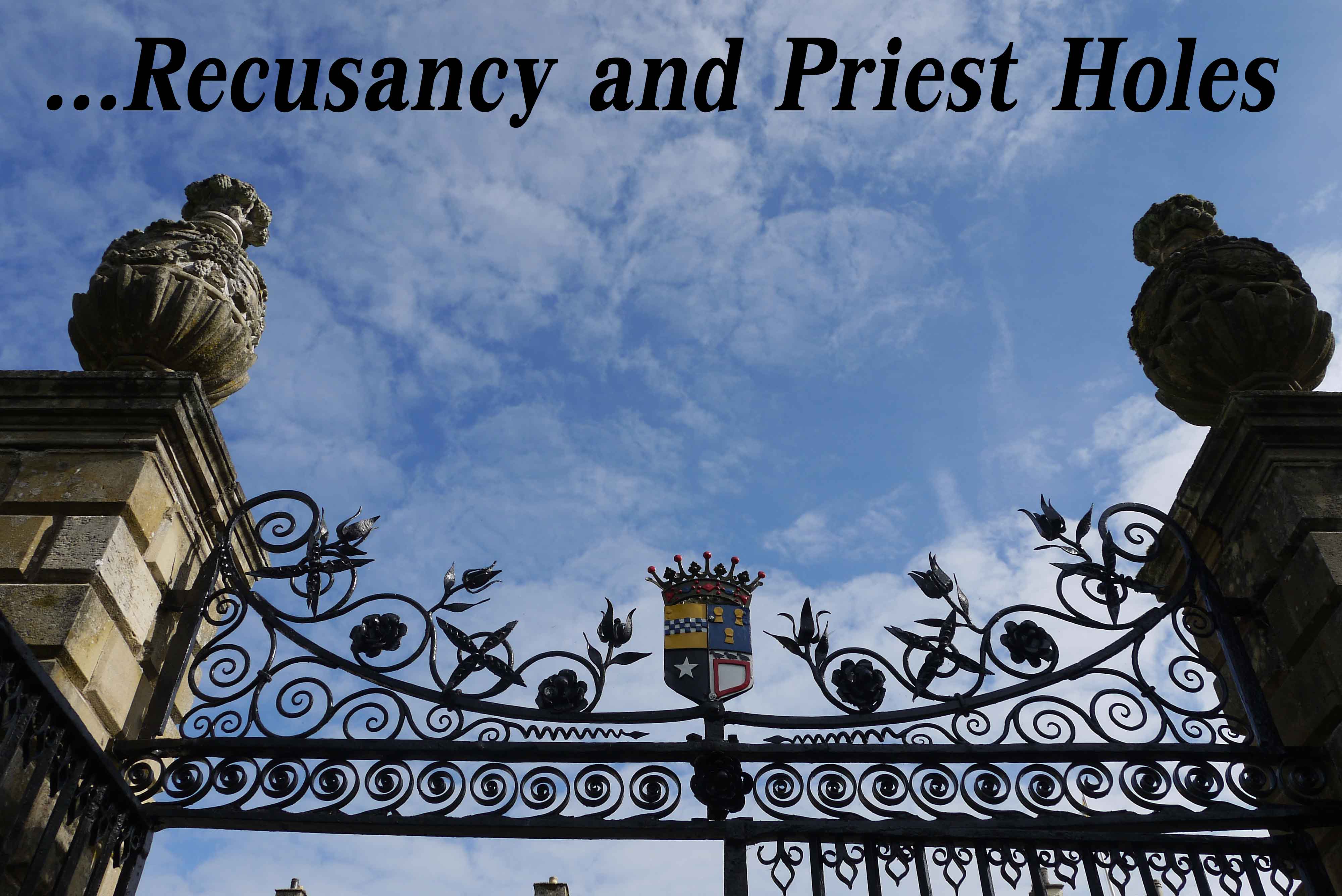
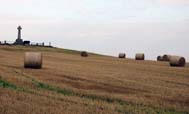
Henry VI “removed its Headmaster”?
That is what the website says…
Interesting.
>borrowed its Statutes
Ha ha… It’s just a polite way of stealing, right?
All things were possible in those bad old days
Great post as usual. I haven’t been to Winchester for far too long. But the Head of the wine Department at the local branch of Waitrose where I worked as a teenager was something of a genealogist and claimed to be a descendant of Wykeham’s. His son once gave me a detention. Of course, statistically we’re all related anyway…! As for Henry VI removing the head – that’s what kings did.
Thanks Mike
Yes those kings could get away with anything they liked in those days.
You must have a love of architecture, as I do. I love the top photos statue. It reminds me of ones we had on the farm which were so incredible than one could see the frothiness of the girl’s gown,even though it was made of concrete.
Myself, I loved Winchester(and thought of you when, quite surprisingly, I came across that hotel whose garden I told you about, from my wallet last week- The Royal Winchester Hotel).:)
Thank you for the history lesson.Fascinating, as usual, Cherie.
I came across the hotel’s business card in my wallet,NOT the actual hotel! haha
It did start to do a 100 architecture series of posts but I found doing that sort of thing clogged my thinking, so I stopped part way through it.
I loved my visit to Winchester and hope to go back again some day.
Have you been to Portsmouth? A dreadful town but King Henry Viii castle there is worth the drive!If I recall it’s not far from the Promenade.
On this holiday we spent two days exploring the dockyard at Plymouth, but we did not see the castle you mention.
You always write such interesting stuff Cherie, I enjoyed particularly this post.
Henry V111 was such a brutal monarch, thank goodness things have changed since he reigned! I often think that ordinary members of the clergy should be invited to sit in the Commons under a title say ‘Pastoral MP.. they should represent inner city areas and not come from a privileged background and have attended ordinary state schools, not the posh academy’s that the chosen few manage to get their sprogs in !
Best wishes, Di..xx
Thanks Diane I am glad you enjoy my posts Something does need to happen to shake up our government who have no idea what it is like to be an ordinary person living in this country. Perhaps they should change places with us for a while to find out what it is really like.
Something does need to happen to shake up our government who have no idea what it is like to be an ordinary person living in this country. Perhaps they should change places with us for a while to find out what it is really like.
Another great post about Winchester , Cherie , I have walked around here but I must of had children or family with me , cannot find any photos ,but I do have some of other areas, very interesting, thanks,
Thanks Anne, I am glad you enjoyed it